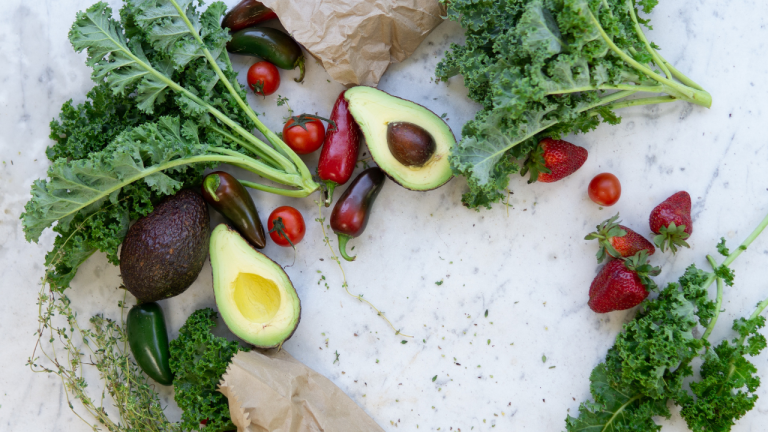Which Fruit is Not Good For The Liver?

There is no specific fruit that is universally considered “not good” for the liver. In fact, fruits are generally beneficial for liver health due to their high content of vitamins, minerals, antioxidants, and fiber. However, it’s important to note that moderation and individual considerations are key when it comes to overall dietary choices, including fruit consumption.
If you have a pre-existing liver condition, such as liver disease or liver damage, it is advisable to consult with a healthcare professional or a registered dietitian who can provide personalized recommendations based on your specific condition.
In certain cases, individuals with advanced liver disease or specific liver conditions may need to limit or avoid certain fruits due to their potential impact on liver function. For example:
Grapefruit: Grapefruit and grapefruit juice contain compounds that can interfere with certain liver enzymes responsible for metabolizing certain medications. If you are taking medications that interact with grapefruit, it is advisable to avoid or limit grapefruit consumption to prevent potential drug interactions.
High-Fructose Fruits: Some fruits, particularly those with high fructose content, may need to be consumed in moderation by individuals with conditions such as non-alcoholic fatty liver disease (NAFLD) or fructose intolerance. High-fructose fruits include watermelon, cherries, grapes, and dried fruits. However, moderate intake of these fruits is generally well-tolerated for most individuals.
It’s important to emphasize that the overall diet, including a wide variety of fruits, vegetables, whole grains, lean proteins, and healthy fats, is crucial for supporting liver health. Maintaining a balanced and nutritious diet is generally beneficial for liver function and overall well-being. If you have concerns about specific fruits or dietary choices in relation to your liver health, it is best to consult with a healthcare professional for personalized advice.



